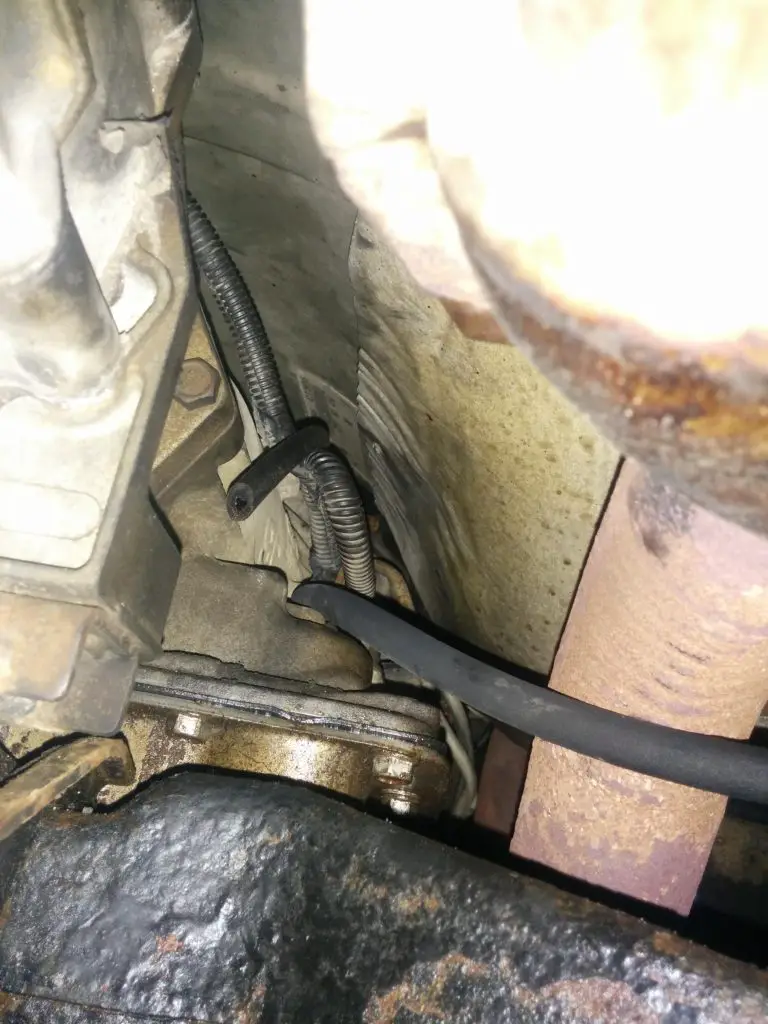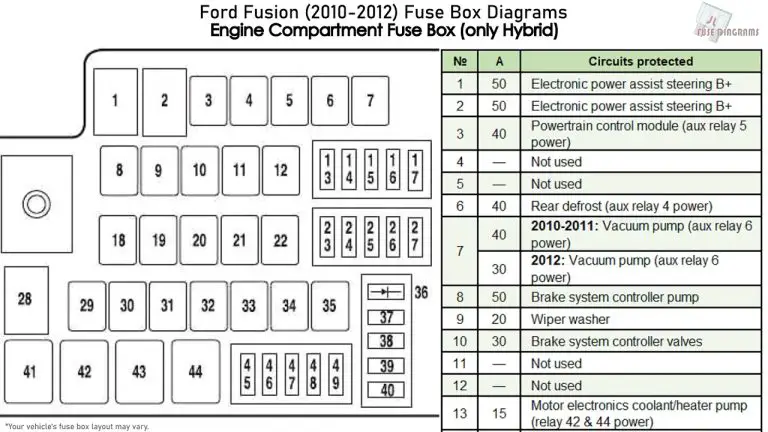Is That Knocking Normal? Decoding Your Car’s Start-Up Sounds (Including Knocking)
Imagine this: You turn the key, expecting the usual reassuring whir of your engine coming to life. But instead, a discordant knocking intrudes upon the symphony, leaving you staring at the steering wheel with a frown. That familiar sound, once a testament to your car’s readiness, has morphed into something unsettling.
Car noises, often dismissed as background rumbles, can actually be a valuable diagnostic tool. Just like the human body, a healthy engine purrs along with a smooth hum. But when a new knock or rattle disrupts the harmony, it can be a signal that something isn’t quite right.
Understanding these sounds is crucial for maintaining a healthy engine. A knocking noise during start-up, in particular, can be a cause for concern. While it doesn’t necessarily spell doom and gloom, it shouldn’t be ignored either. This article will delve into the potential culprits behind this unsettling knock, helping you decipher what it might mean for your car’s health.
Potential Causes of Knocking When Starting Car: The Engine’s Rogues’ Gallery
The unsettling knock at start-up can point to a number of potential problems lurking within your engine. Let’s unmask some of the common culprits behind this unsettling symphony:
- The Parched Engine: Just like humans need fluids for smooth operation, your engine relies on motor oil to lubricate moving parts. Worn-out oil or low oil levels can lead to metal components grinding against each other, creating a knocking sound. This is a relatively simple fix – a timely oil change with the recommended oil type can often silence this knock.
- The Detonation Drama: Imagine a precisely timed fireworks display going off prematurely. That’s what detonation knock sounds like. It occurs when the air-fuel mixture in the engine ignites unexpectedly, creating a shockwave that produces a knocking noise. This can be caused by several factors:
- Low-octane fuel: If you’re using fuel with a lower octane rating than your car requires, it can lead to detonation knock. Consult your owner’s manual for the recommended octane level for your vehicle.
- Faulty spark plugs: Worn or fouled spark plugs can cause the air-fuel mixture to ignite at the wrong time, leading to knocking.
- Lean air-fuel mixture: An air-fuel mixture that’s too lean (too much air, not enough fuel) can also contribute to detonation knock.
- The Worn-Out Crew: Over time, even the most robust engines experience wear and tear. Certain components like piston rings, connecting rods, or valve lifters can become worn or damaged, causing a knocking sound as they move within the engine. These issues typically require more extensive repairs to replace the worn-out components.
- The Slacker Tensioner: The timing chain is a vital part of the engine, synchronizing the movement of the valves and pistons. The timing chain tensioner maintains proper tension on the chain. If this tensioner weakens or fails, the timing chain can slap against other components, creating a knocking noise. Replacing the tensioner can often resolve this issue.
Remember, this is not an exhaustive list, and a professional mechanic can use their expertise and diagnostic tools to pinpoint the exact cause of the knocking noise in your car. In the next section, we’ll explore the importance of getting a proper diagnosis and how to prevent these knocking culprits from taking hold in the first place.
Diagnosis and Repair: Silencing the Knock and Saving Your Engine
The unnerving knock at start-up is a call to action. Ignoring it can lead to further problems and potentially expensive repairs. This is where a trusted mechanic steps in as your car’s detective.
The Importance of Professional Diagnosis:
While this article has explored some potential causes of knocking noises, a definitive diagnosis requires a professional touch. Mechanics have the expertise and specialized tools to pinpoint the exact culprit behind the racket. This might involve:
- Stethoscopes: These act like a doctor’s stethoscope for your engine, allowing mechanics to isolate the source of the knocking sound.
- Compression tests: Measuring the pressure within the engine cylinders can reveal issues with valves, pistons, or rings.
- Computer diagnostics: Modern cars are equipped with onboard computers that can store diagnostic trouble codes (DTCs) that can shed light on the engine’s health.
By using these tools and their knowledge, a mechanic can determine the exact cause of the knocking noise and recommend the most appropriate course of action.
Potential Repair Solutions:
Depending on the diagnosis, the solution can range from simple fixes to more involved repairs:
- Oil Change and Filter Replacement: If the culprit is low oil or worn-out oil, a simple oil change with the recommended oil type can often silence the knock. Don’t underestimate the power of preventative maintenance!
- Spark Plug Replacement: Worn or fouled spark plugs can be a common cause of detonation knock. Replacing them with fresh spark plugs can often resolve the issue.
- Repairing or Replacing Worn Components: In some cases, the knocking might indicate more extensive wear and tear on internal engine components like piston rings, connecting rods, or valve lifters. These repairs can be more involved and require a skilled mechanic to replace the worn-out parts.
- Timing Chain Tensioner Replacement: A failing timing chain tensioner can cause a knocking sound. Replacing the tensioner can address this issue and restore proper timing within the engine.
Remember, these are just some examples, and the specific repairs will depend on the mechanic’s diagnosis. The key takeaway is to prioritize a professional diagnosis to ensure the correct solution is implemented to silence the knock and keep your engine running smoothly.
Prevention is Key: Keeping Your Engine Knock-Free
The rhythmic purr of a healthy engine is a comforting sound. By taking proactive steps, you can minimize the risk of that purr being interrupted by a disconcerting knock. Here’s how to prevent knocking noises and ensure your engine runs smoothly for miles to come:
- Regular Maintenance is Your Engine’s BFF: Just like regular check-ups are important for your health, your car’s engine thrives on routine maintenance. This includes:
- Oil Changes: Regular oil changes with the recommended oil type are crucial. Fresh oil ensures proper lubrication of engine components, reducing friction and the potential for knocking noises.
- High-Quality Oil Filters: Don’t skimp on oil filters! A good quality filter traps contaminants that could harm engine parts and contribute to knocking.
- Following Recommended Maintenance Schedules: Your owner’s manual outlines recommended maintenance schedules that often include inspections of the timing chain, valve train, and other components that can cause knocking noises if neglected.
- Fueling Up with the Right Stuff: Not all gas is created equal! Consult your owner’s manual for the recommended octane rating for your car. Using fuel with a lower octane rating than specified can lead to detonation knock.
- Become an Active Listener: Your car communicates through sounds. Pay attention to any changes in your engine’s noises, especially the emergence of new knocks or rattles. Addressing these issues promptly can prevent minor problems from snowballing into major ones.
By following these preventive measures, you can significantly reduce the risk of knocking sounds plaguing your car. Remember, a little preventative maintenance goes a long way in ensuring a healthy and happy engine for the long haul.
Conclusion:
A knocking noise during start-up can be a nerve-wracking experience. However, by understanding the potential causes, the importance of professional diagnosis, and the power of prevention, you can take control of the situation. If you hear a knock, don’t ignore it. Schedule a visit with a trusted mechanic to diagnose the issue and get your engine back to purring smoothly. Remember, a healthy engine is a happy engine – and a happy engine translates to a more enjoyable driving experience!
People Also Ask: Decoding Your Knocking Engine’s Cry for Help
The unexpected knock from your engine can leave you wondering what to do next. Here are some answers to common questions:
- Should I drive my car if it’s knocking?
While it might be tempting to drive to the mechanic, it’s generally not advisable to continue driving with a knocking engine. The knocking sound can indicate a potential problem that could worsen and lead to more significant damage if the car is driven further. It’s best to err on the side of caution and consult a mechanic for a diagnosis.
- What are other symptoms of engine problems?
A knocking noise isn’t the only sign that your engine might need attention. Here are some other red flags to watch out for:
* **Rough idling:** If your engine vibrates abnormally at idle speed, it could indicate a problem with the air-fuel mixture, spark plugs, or other components.
* **Check engine light:** An illuminated check engine light is a broad warning sign that something is amiss within the engine's computer-controlled systems. It doesn't necessarily point to a knocking noise, but it can indicate other engine issues that could be contributing to the problem.
* **Loss of power:** If your car feels sluggish and struggles to accelerate, it could be a sign of reduced engine power due to various issues, potentially including those that cause knocking noises.
- How much does it cost to fix a knocking engine?
The cost of fixing a knocking engine depends entirely on the root cause of the problem. A simple fix like an oil change might be all that’s needed, while more extensive repairs involving worn components can be significantly more expensive. In the worst-case scenario, a severe engine knock could indicate a major issue requiring an engine overhaul, which can be very costly.
The key takeaway here is that early detection and diagnosis are crucial. Addressing a knocking noise promptly can often prevent it from snowballing into a more serious and expensive problem down the road.
Outline: Knocking Noise When Starting Car – A Guide to Engine Health
Introduction:
Diagnosis and Repair:
- The Importance of Professional Diagnosis: A mechanic can pinpoint the exact cause of the knocking noise using specialized tools and their expertise.
- Potential Repair Solutions: Depending on the cause, repairs might involve oil changes, spark plug replacements, or more extensive work on internal components.
Prevention is Key:
- Regular Maintenance: Regular oil changes, using high-quality oil, and following recommended maintenance schedules can significantly reduce the risk of knocking noises.
- Using the Right Fuel: Consult your owner’s manual for the recommended octane rating for your car.
- Listen to Your Car: Pay attention to any changes in your car’s sounds and address them promptly.
Conclusion:
- Recap the importance of understanding knocking noises and not ignoring them.
- Reiterate the value of preventive maintenance for engine health.
- End with a call to action: Schedule a mechanic visit if you’re concerned about knocking sounds in your car.


